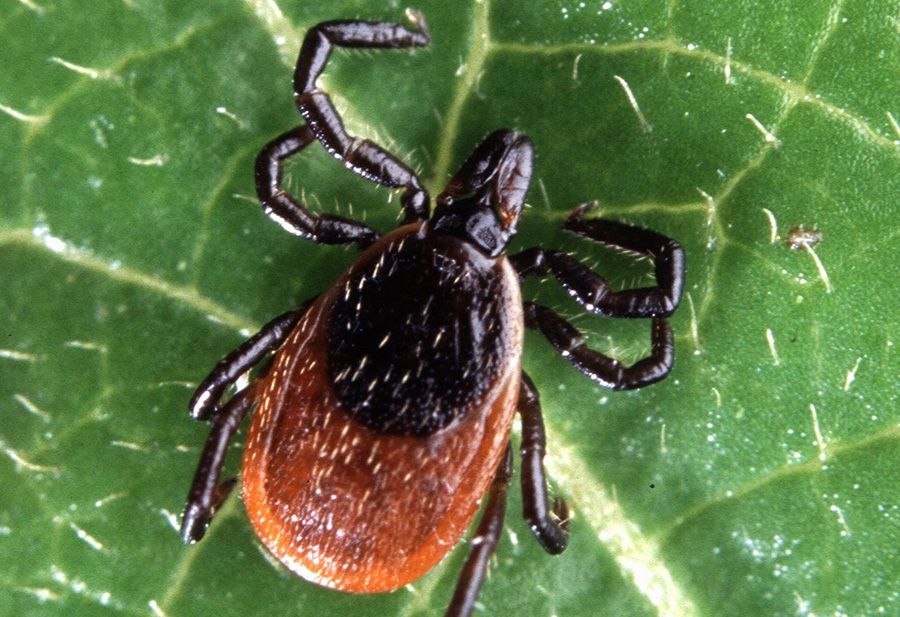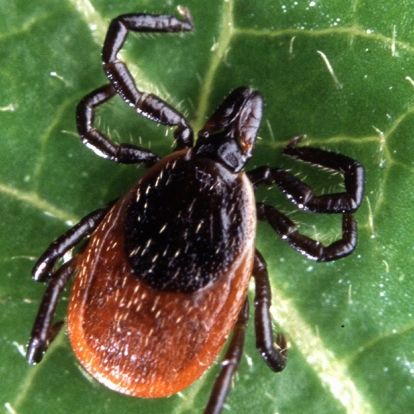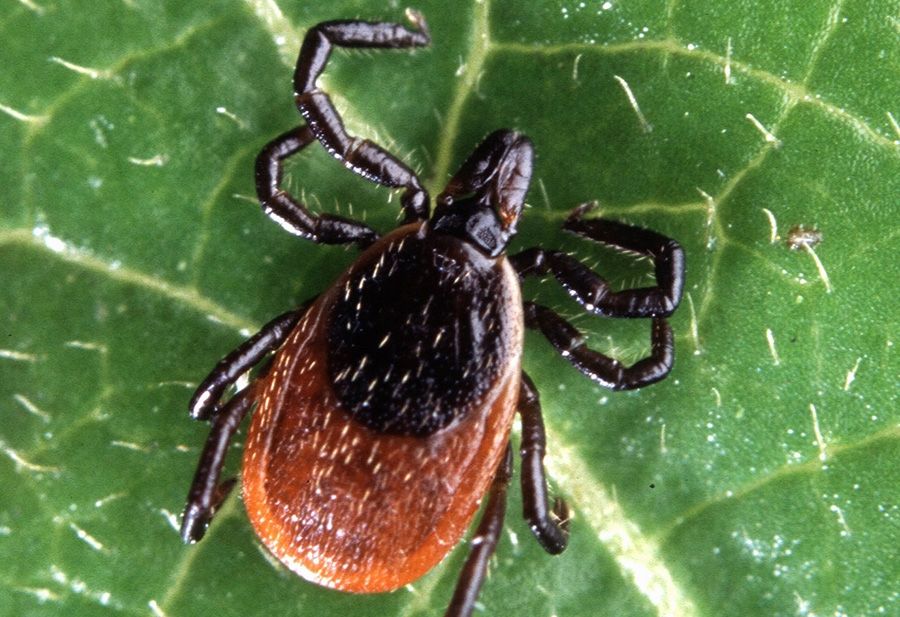Effective immediately masking is required for everyone when present on all inpatient units, in the Emergency Department (ED), the Urgent Care Centre (UCC), and the Children’s Outpatient Centre (COPC).

For the past several years, Kingston has been classified as an endemic region for Lyme disease. It is now also home to a new multidisciplinary research network that will bring together scientists, physicians, and patients to further investigate the prevention, diagnosis, and treatment of the tick-borne illness.
The Canadian Institutes of Health Research (CIHR) and the Government of Canada recently announced a $4 million investment to create the Pan-Canadian Research Network on Lyme Disease, based at Queen's University and led Dr. Kieran Moore, a clinician scientist with the KGH Research Institute (KGHRI).
The network, which includes a number of Kingston Health Sciences Centre (KHSC) physicians and KGHRI clinician scientists - in areas of expertise including cardiology, infectious disease, emergency medicine, pediatrics and internal medicine – will look to make a national impact on health outcomes, practice, programs and policy related to Lyme disease.
“We would like to thank the Government of Canada and CIHR for the opportunity to advance the science of Lyme disease,” says Dr. Moore, Queen’s University Professor of Emergency and Family Medicine who is also the Medical Officer of Health with Kingston, Frontenac, Lennox & Addington Public Health. “Our network, will collaborate with patients and our many academic and government partners to protect the health of Canadians from coast to coast.”
Lyme disease is an infectious condition caused by a bacteria transmitted to people through the bite of infected ticks. Symptoms of Lyme disease can vary from person to person, but most people experience an expanding red rash at the sight of the tick bite, as well as fever, chills and flu-like symptoms. Others may have more serious symptoms, such as heart, joint and neurological disorders.
Lyme disease is becoming more prevalent each year, due in part to climate change and this year there have been over 180 confirmed cases of Lyme disease in Kingston alone, a threefold increase over the previous year.
The network builds on Canada’s ongoing efforts to tackle the illness through surveillance, research, sharing of best practices, laboratory diagnostics and testing, prevention education, and public education and awareness.
“The Government of Canada is proud to support a research network that focuses on collaboration between Lyme disease stakeholders from across the country to improve patient outcomes and access to care,” says Ginette Petitpas Taylor, Minister of Health for the Government of Canada. “We understand that Lyme disease is emerging in many parts of the country, due in part to climate change, and we are committed to minimizing the public health risk associated with this disease.”
KHSC-affiliated physicians and clinician scientists who will be participating in the network include:
- Adrian Baranchuk
- Rob Brison
- Gerald Evans
- Michael Green
- Kirk Leifso
- Bob McGraw
- David Messenger
- Lois Shepherd
- Prameet Sheth
- Marco Sivilotti
- Evan Wilson
To learn more about Canada’s federal framework for Lyme Disease, click here.
Gallery


This year there have been over 180 confirmed cases of Lyme disease in Kingston alone, a threefold increase over the previous year.



